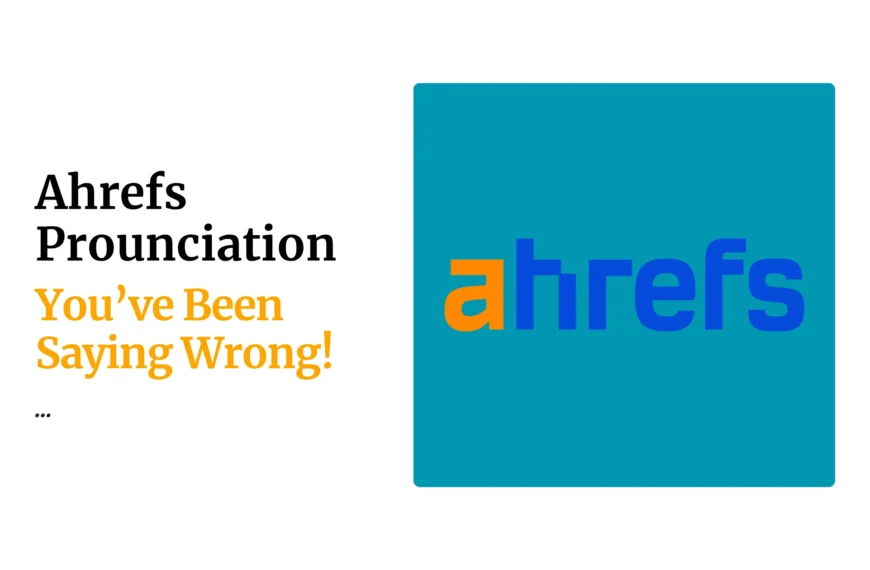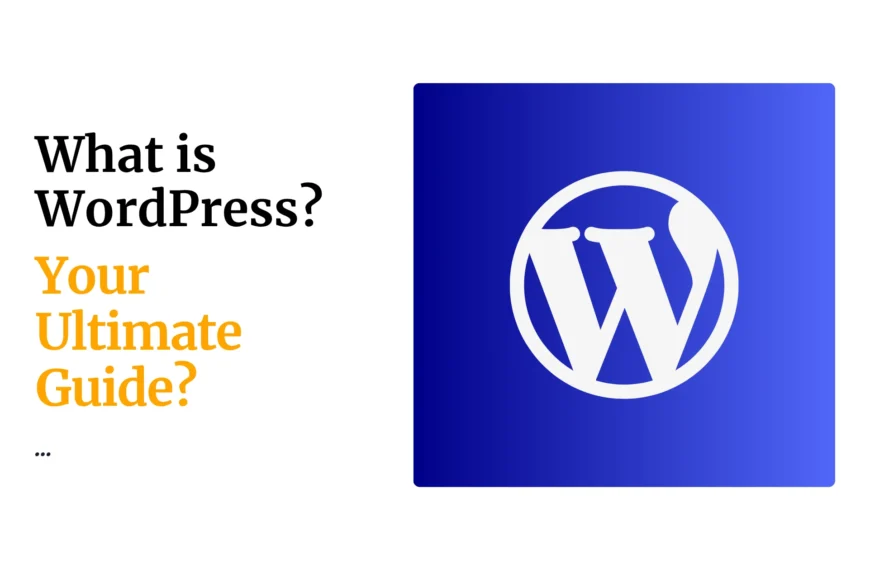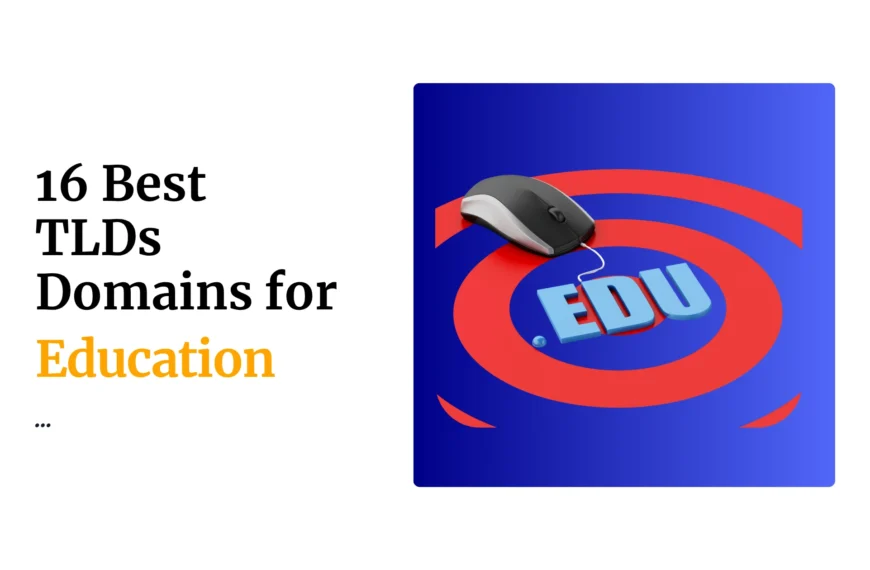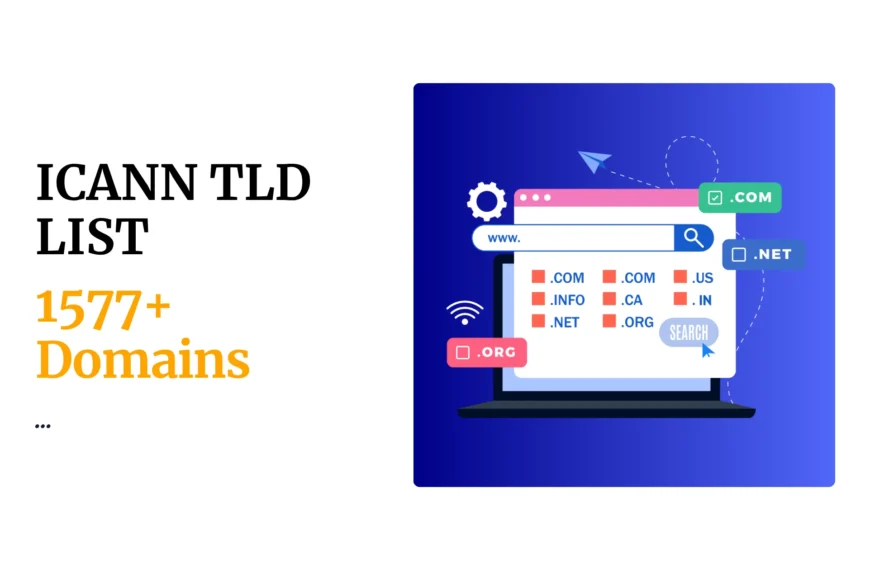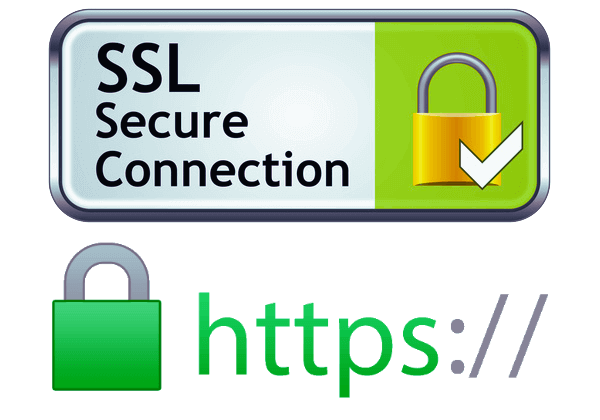
Website security is crucial in today’s digital landscape. As an IT support professional, safeguarding your clients’ websites and sensitive data is paramount. Let your client learn about the importance of SSL certificates.
SSL certificates act as digital passports, encrypting website communication, establishing secure connections, and verifying authenticity. They ensure data integrity and instill user trust in your clients’ online presence.
In this ultimate SSL Certificates guide, we’ll explore the importance of SSL certificates, unravel their complexities, and equip you with the knowledge to assist clients in selecting the perfect SSL certificate for enhanced website security. We’ll demystify SSL certificate basics and unveil their incredible benefits.
SSL Certificates Decoded: Demystifying the Basics
In the realm of website security, SSL (Secure Sockets Layer) certificates are the unsung heroes. They employ advanced encryption techniques to ensure that sensitive data, such as passwords, credit card details, and personal information, remains secure during transmission between websites and users.
Imagine a scenario where a user enters their credit card information on an e-commerce website to make a purchase. Without an SSL certificate, this data is vulnerable to interception by hackers. However, with an SSL certificate in place, the user’s information is encrypted and protected, reducing the risk of unauthorized access.
The importance of SSL certificates is critical in establishing trust. Take, for instance, when a user visits a website and sees a padlock symbol or the “https” prefix in the URL. These indicators signify that the website has a valid SSL certificate and that the data exchanged is encrypted. This reassures users that their interactions with the website are secure and boosts their confidence in sharing sensitive information.
Stay tuned to unlock the secrets and importance of SSL certificates selection!
SSL Certificates Decoded: Demystifying the Basics
When it comes to SSL (Secure Sockets Layer) certificates, understanding the technicalities is essential for providing effective IT support. Let’s break down the SSL/TLS (Transport Layer Security) protocol and explore its benefits in simple terms.
At its core, SSL/TLS protocol ensures secure communication between a website and its visitors. It achieves this by encrypting the data transmitted, making it inaccessible to unauthorized parties. This encryption serves as a protective shield against potential threats, such as data interception and tampering.
Now, let’s consider the different types of SSL certificates, each with its own unique characteristics and level of validation. By familiarizing yourself with these types, you will make informed decisions based on your needs.
- Domain Validated (DV) Certificates: These types of certificates offer basic encryption and are the quickest to obtain. They validate the ownership of the domain and secure data during transmission. DV certificates are suitable for personal blogs, small websites, or any scenario where a simple encryption layer is required.
- Organization Validated (OV) Certificates: With OV certificates, a higher level of validation is involved. The Certificate Authority (CA) verifies the identity and ownership of the organization before issuing the certificate. OV certificates inspire greater user confidence as they display organization details in the certificate information, fostering trust in online businesses.
- Extended Validation (EV) Certificates: EV certificates provide the highest level of assurance and are recommended for e-commerce sites or institutions that handle sensitive customer information. The validation process is thorough, involving rigorous verification of the organization’s legal and operational details. Websites with EV certificates are identified by the prominent display of the organization’s name in the browser’s address bar, giving users a clear indication of a trusted and secure connection.
- Wildcard and Multi-Domain Certificates: For websites with multiple subdomains or multiple domain names, Wildcard and Multi-Domain certificates are the go-to choices. Wildcard certificates secure the main domain and all its subdomains, while Multi-Domain certificates allow you to secure multiple domains with a single certificate, making them convenient and cost-effective options.
By understanding these different types of SSL certificates and their purposes, you can guide your clients in selecting the most appropriate certificate to meet their website security requirements.
Next, we unveil the secrets to choosing the ideal SSL certificate by exploring key factors such as validation, compatibility, warranty, and cost. Stay tuned for valuable insights that will empower you in assisting clients with their SSL certificate decisions.
Unleashing the Secrets: Factors for the Ideal SSL Certificate
Now, it’s time to uncover the secrets to selecting the ideal certificate for your clients’ website security needs. There are several key factors to consider, each playing a crucial role in determining the right fit. Let’s dive in!
i) Validation: The level of validation required depends on the nature of the website and the level of trust you want to instill in your clients’ visitors. For smaller websites or personal blogs, a Domain Validated (DV) certificate might suffice. On the other hand, if your clients operate an online business or handle sensitive customer data, an Organization Validated (OV) or Extended Validation (EV) certificate would be more suitable.
ii) Compatibility: Ensuring compatibility with different browsers and devices is essential for a seamless user experience. It’s crucial to choose an SSL certificate that is widely recognized and supported across various platforms. This will help avoid any compatibility issues and ensure that visitors can access the website securely from any device or browser they prefer.
iii) Warranty: A warranty included with the SSL certificate provides an added layer of protection for your clients. It offers financial coverage in case of data breaches or mis-issuance of the certificate. Consider the warranty amount and the terms and conditions associated with it when recommending SSL certificates to your clients.
iv) Cost: Budget considerations are an important aspect when selecting an SSL certificate. While there are free options available, they may provide limited features and may not offer the same level of trust as paid certificates. It’s crucial to strike a balance between affordability and the level of security and assurance your clients require.
By carefully evaluating these factors in collaboration with your clients, you can guide them towards making informed decisions that align with their specific website security needs.
In the next section, we will unveil the different types of SSL certificates, such as Domain Validated (DV), Organization Validated (OV), Extended Validation (EV), as well as Wildcard and Multi-Domain certificates.
Decoding Your Website’s Needs: Uncover Your Security Superpower
Every website has unique security requirements, and understanding these needs is key to selecting the right SSL certificate. Let’s explore the specific SSL certificate needs for different types of websites, empowering you to fortify your clients’ online presence.
1. E-commerce Platforms: If your clients operate an online store or handle financial transactions, security is of utmost importance. Look for SSL certificates that offer strong encryption, identity validation, and display trust indicators. This reassures customers that their sensitive information, such as credit card details, is protected during online transactions.
2. Blogs and Personal Websites: While blogs and personal websites may not handle sensitive customer data, it’s still important to ensure secure communication. Domain Validated (DV) certificates are often sufficient for these types of websites, providing basic encryption to safeguard user interactions and prevent unauthorized access.
3. Businesses and Professional Websites: For businesses, credibility and trust are crucial. Organization Validated (OV) or Extended Validation (EV) certificates can enhance customer trust by displaying verified information and the organization’s name in the browser’s address bar. These certificates are suitable for corporate websites, professional service providers, and organizations handling customer data.
4. Institutions and Non-profit Organizations: Educational institutions, government agencies, and non-profit organizations often deal with sensitive data and require a high level of security. Extended Validation (EV) certificates are recommended, as they provide the highest level of assurance and visibly demonstrate the organization’s trustworthiness to website visitors.
By identifying the specific needs of your clients’ websites, you can guide them towards SSL certificates that offer the right level of security, trust, and encryption, ensuring their online presence remains protected.
In the next section, we will unleash the power of SSL implementation best practices. We’ll explore the art of CSR generation, choosing the right Certificate Authority (CA), and share insights on installation, configuration, and maintenance. Stay tuned to unlock the secrets and importance of SSL certificates implementation success!
Unleash the Power: SSL Implementation Best Practices
Implementing SSL certificates correctly is crucial to maximize their effectiveness in securing your clients’ websites. Let’s delve into the best practices for SSL implementation, ensuring a seamless and robust security infrastructure.
- CSR Generation: The Certificate Signing Request (CSR) is the first step in obtaining an SSL certificate. It’s essential to generate the CSR with accurate and up-to-date information, including the correct domain name and organization details. Double-checking the CSR details helps prevent any delays or issues during the certificate issuance process.
- Choosing the Right Certificate Authority (CA): Selecting a reputable and trusted Certificate Authority is vital. Look for well-established CAs that offer reliable support, strong encryption algorithms, and a solid track record in the industry. Research and compare different CAs to ensure you make an informed choice for your clients’ SSL certificates.
- Installation and Configuration: Proper installation and configuration of the SSL certificate are critical to ensure its smooth functioning. Follow the CA’s guidelines and instructions to install the certificate correctly on the web server. Ensure that the certificate is configured to work seamlessly with your clients’ websites and their specific server environments.
- Maintenance and Renewal: SSL certificates have a finite validity period, typically ranging from one to three years. Regularly monitor the certificate’s expiration date and initiate the renewal process in advance to avoid any disruption in website security. Additionally, stay updated with the latest security standards and consider upgrading to stronger encryption algorithms when necessary.
Remember, SSL implementation is an ongoing process. Regularly review and update your clients’ SSL certificates to keep pace with evolving security requirements and industry best practices.
Final insights
By understanding the importance of SSL certificates and considering key factors such as validation, compatibility, warranty, and cost, you can help fortify websites against potential threats. As you move forward, continue to stay informed about the latest developments in SSL technology and security practices. Regularly assess your clients’ website needs and recommend appropriate SSL certificate types, be it Domain Validated (DV) for personal websites, Organization Validated (OV) for businesses, or Extended Validation (EV) for e-commerce platforms. Tailor your recommendations to suit the unique requirements of each website you encounter.
 Domain SearchInstantly check and register your preferred domain name
Domain SearchInstantly check and register your preferred domain name Web Hosting
Web Hosting cPanel HostingHosting powered by cPanel (Most user friendly)
cPanel HostingHosting powered by cPanel (Most user friendly) KE Domains
KE Domains Reseller HostingStart your own hosting business without tech hustles
Reseller HostingStart your own hosting business without tech hustles Windows HostingOptimized for Windows-based applications and sites.
Windows HostingOptimized for Windows-based applications and sites. Free Domain
Free Domain Affiliate ProgramEarn commissions by referring customers to our platforms
Affiliate ProgramEarn commissions by referring customers to our platforms Free HostingTest our SSD Hosting for free, for life (1GB storage)
Free HostingTest our SSD Hosting for free, for life (1GB storage) Domain TransferMove your domain to us with zero downtime and full control
Domain TransferMove your domain to us with zero downtime and full control All DomainsBrowse and register domain extensions from around the world
All DomainsBrowse and register domain extensions from around the world .Com Domain
.Com Domain WhoisLook up domain ownership, expiry dates, and registrar information
WhoisLook up domain ownership, expiry dates, and registrar information VPS Hosting
VPS Hosting Managed VPSNon techy? Opt for fully managed VPS server
Managed VPSNon techy? Opt for fully managed VPS server Dedicated ServersEnjoy unmatched power and control with your own physical server.
Dedicated ServersEnjoy unmatched power and control with your own physical server. SupportOur support guides cover everything you need to know about our services
SupportOur support guides cover everything you need to know about our services


